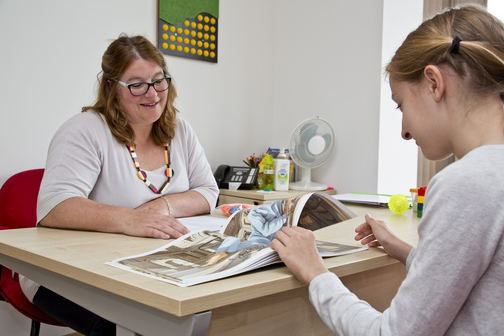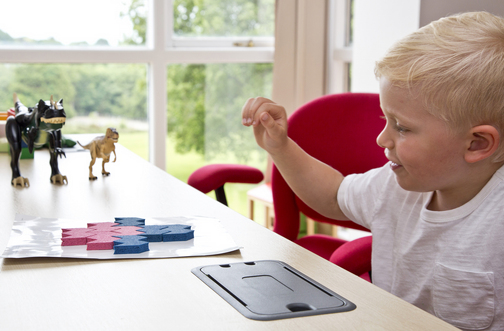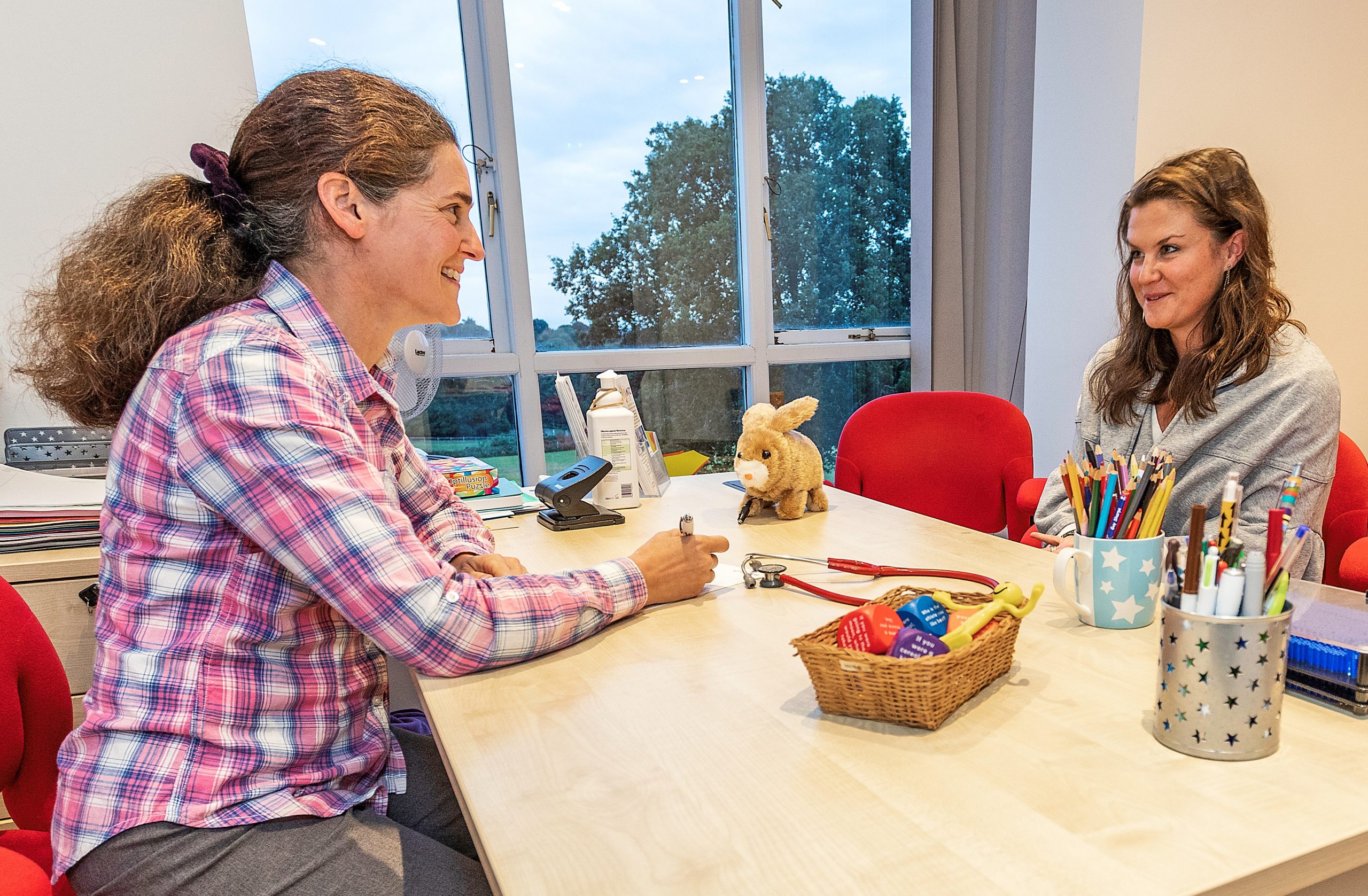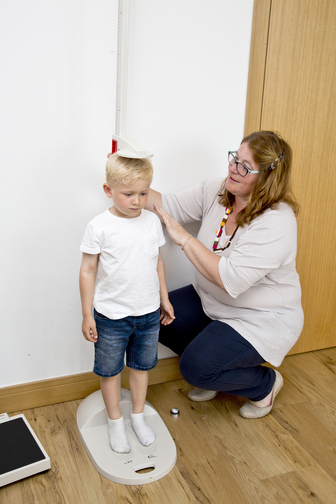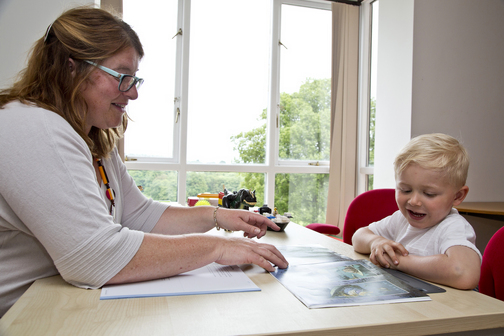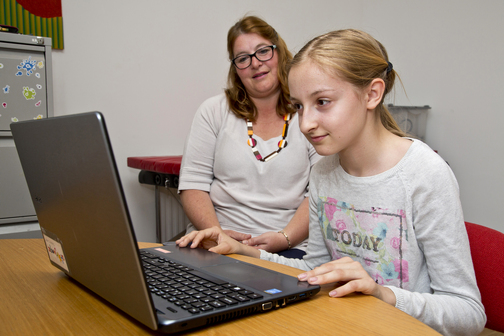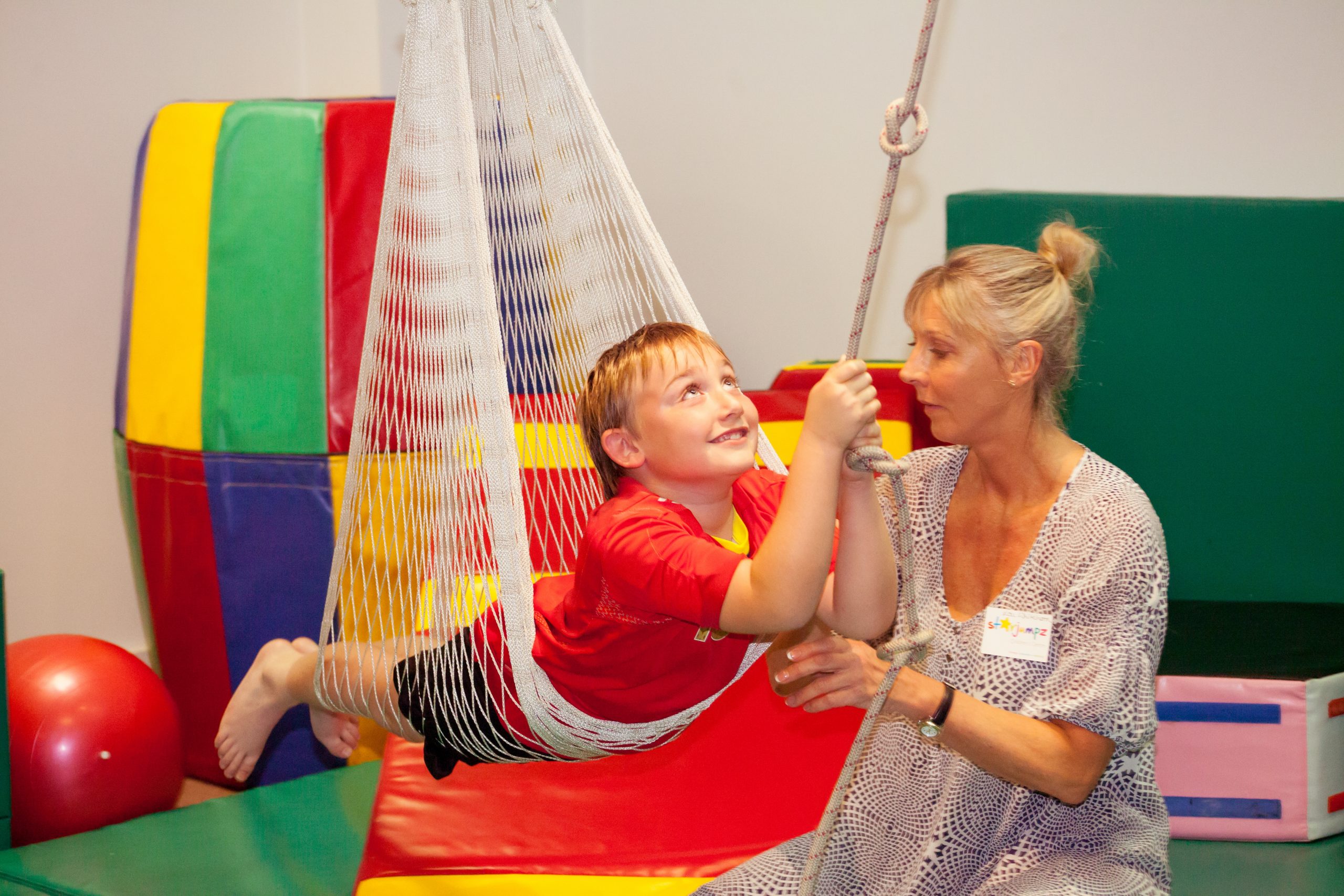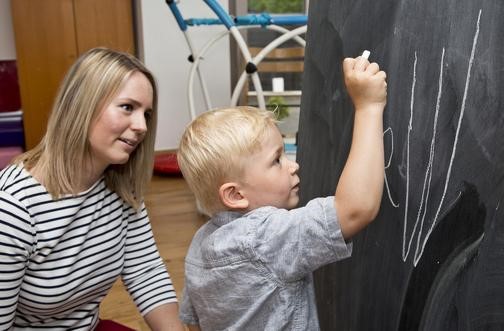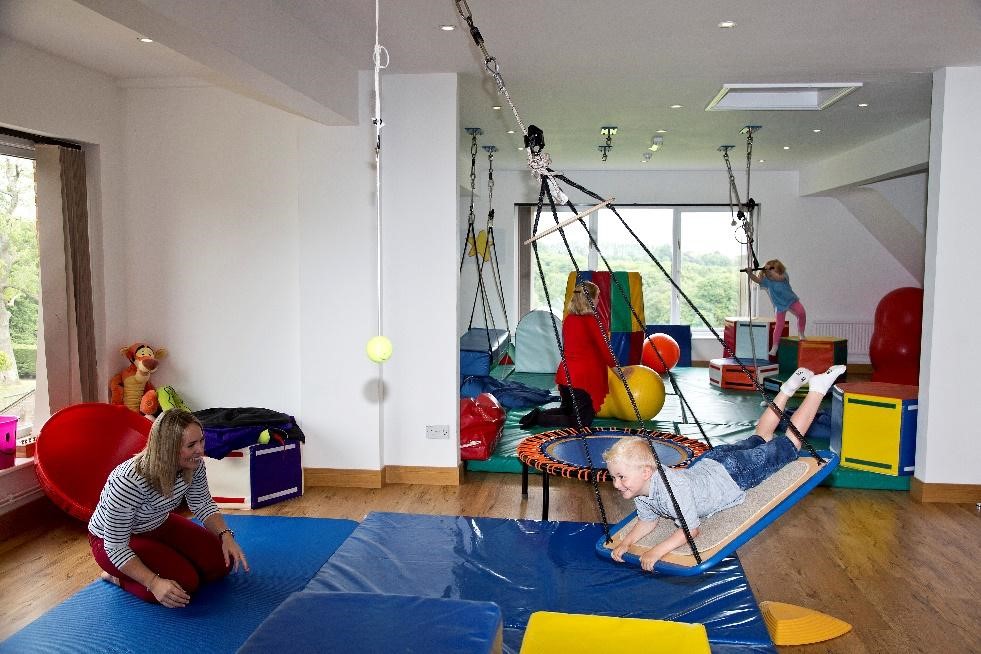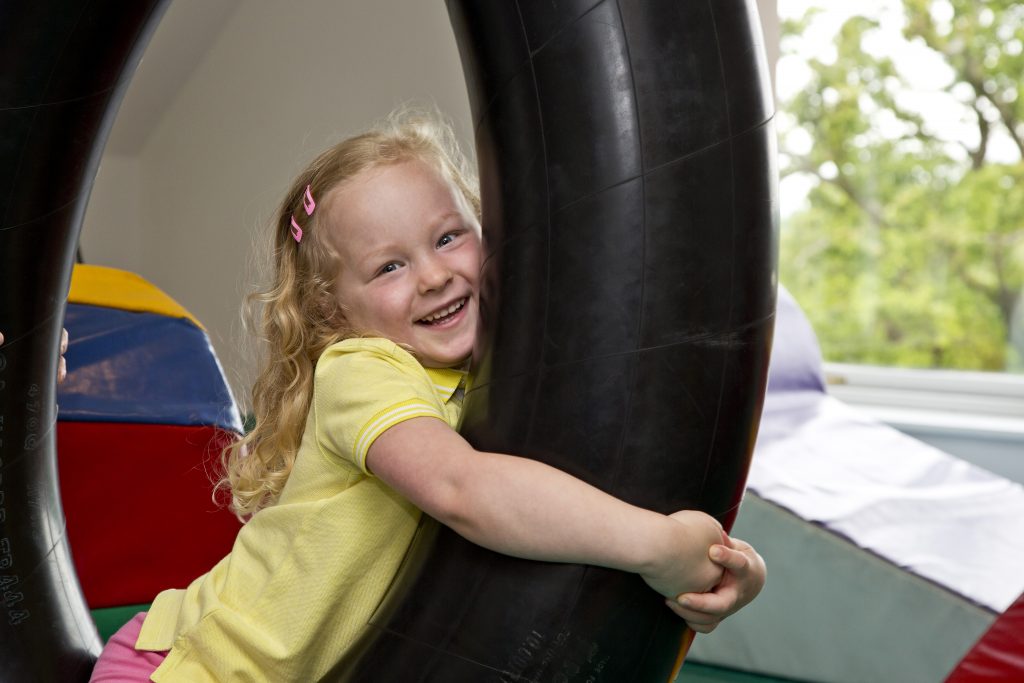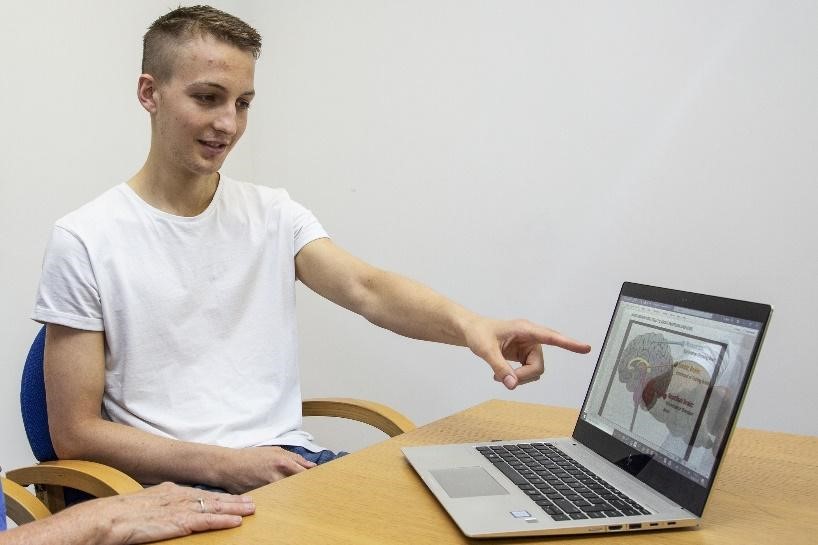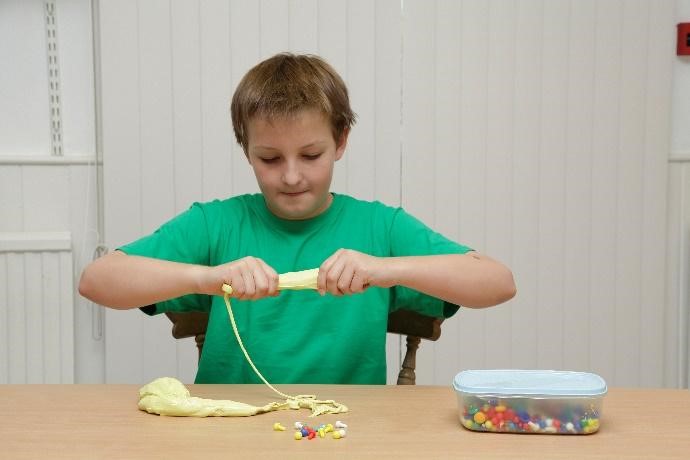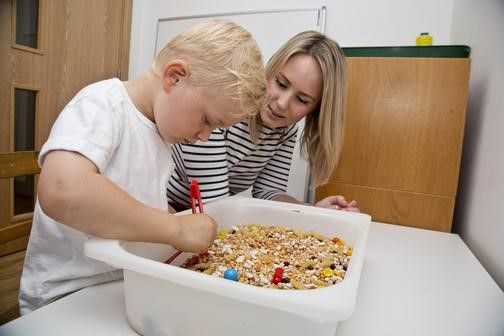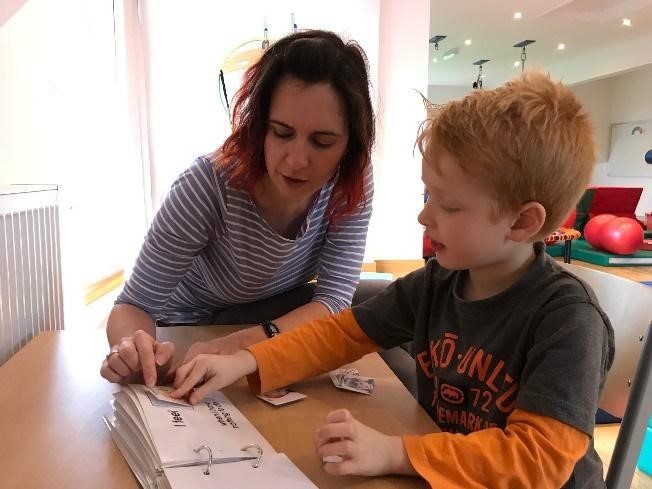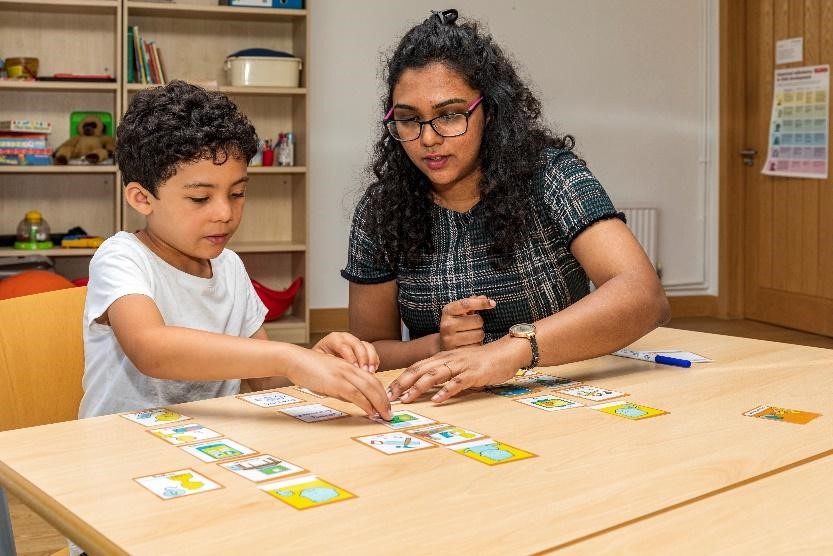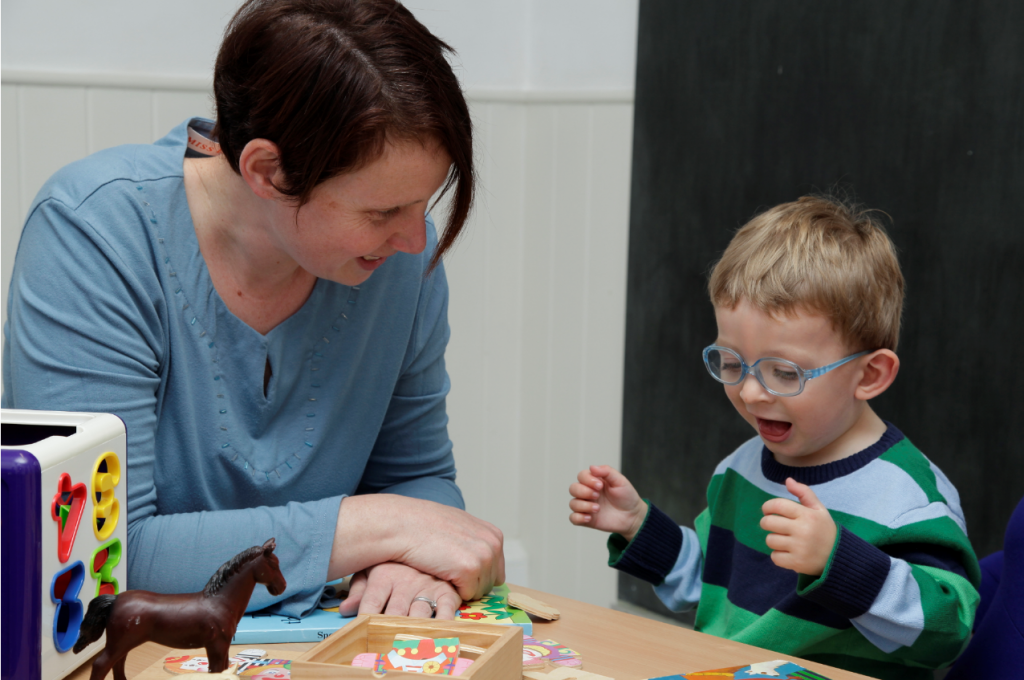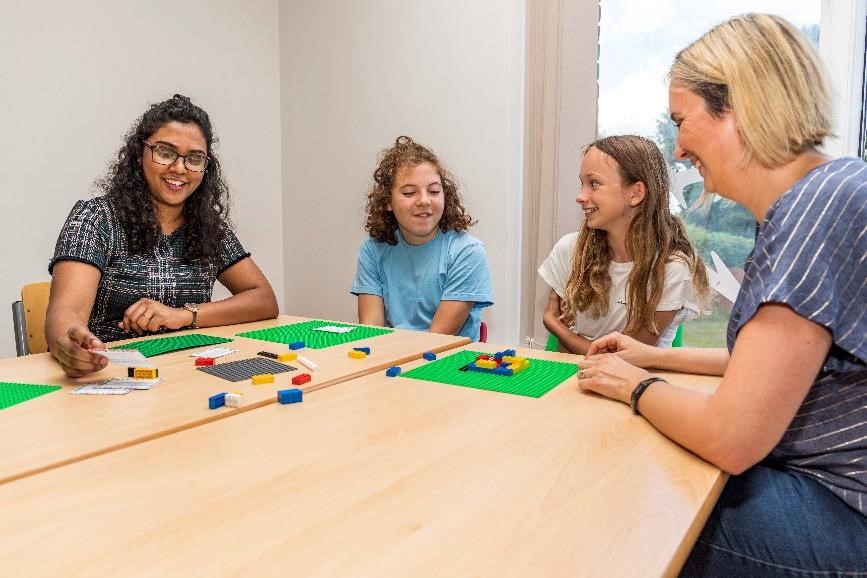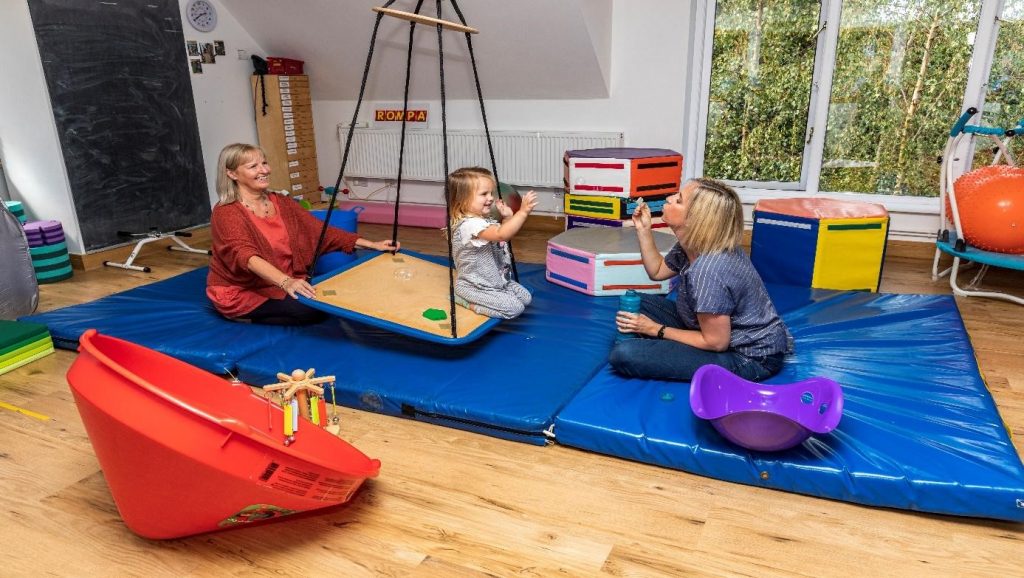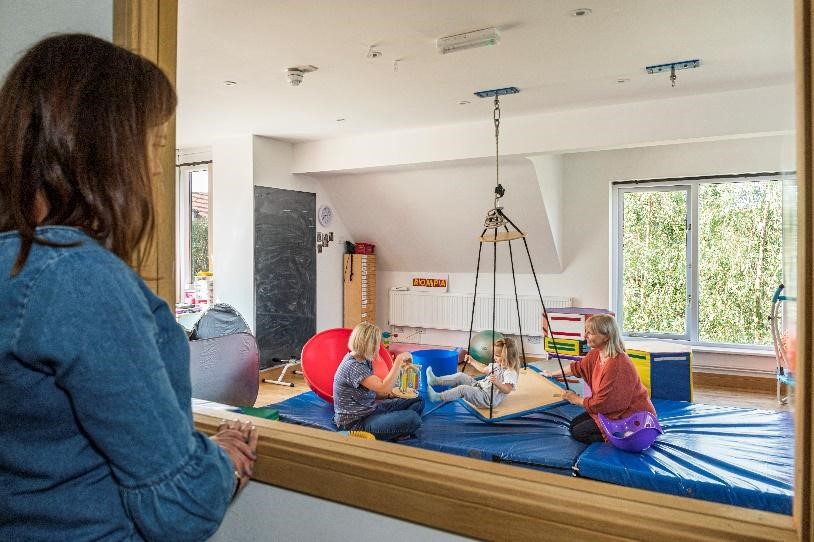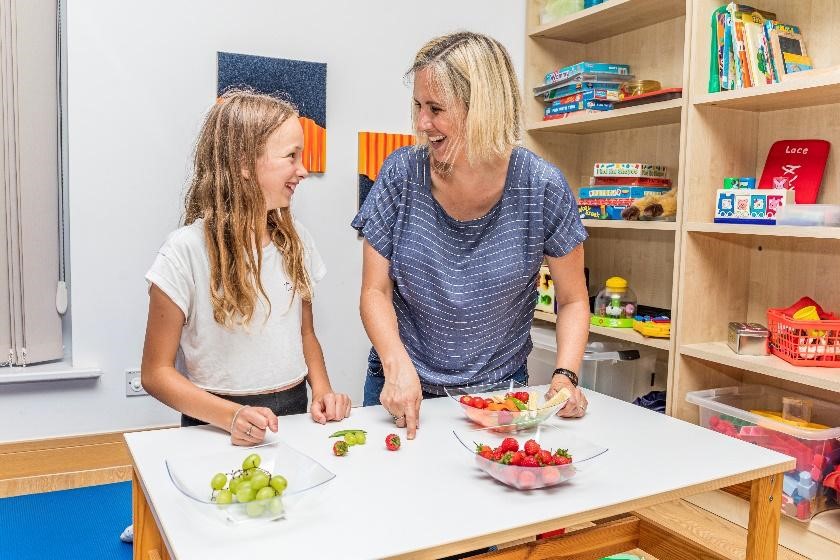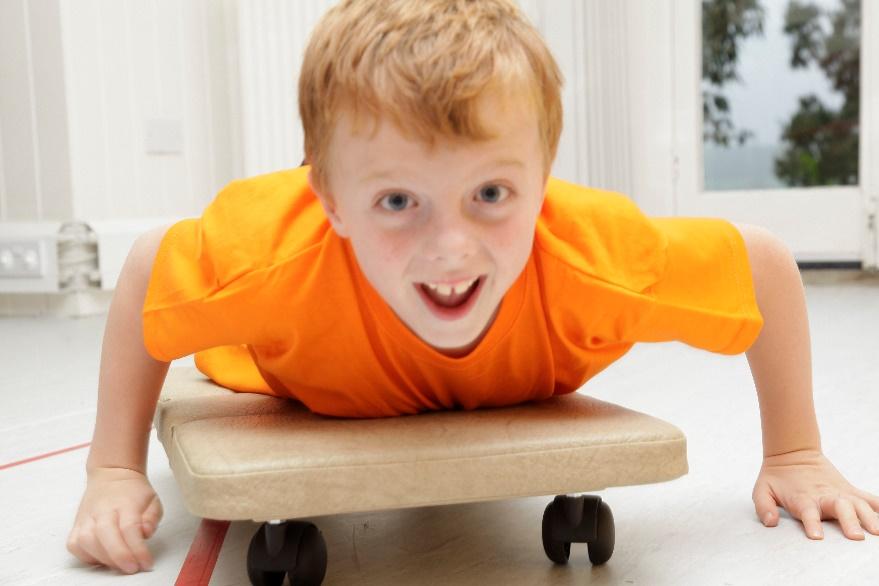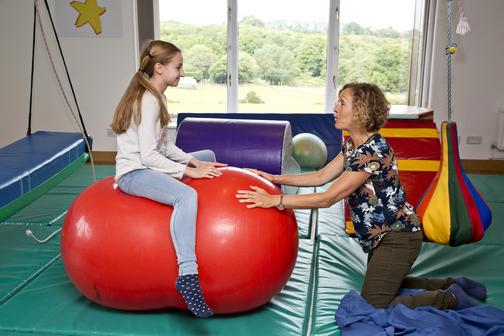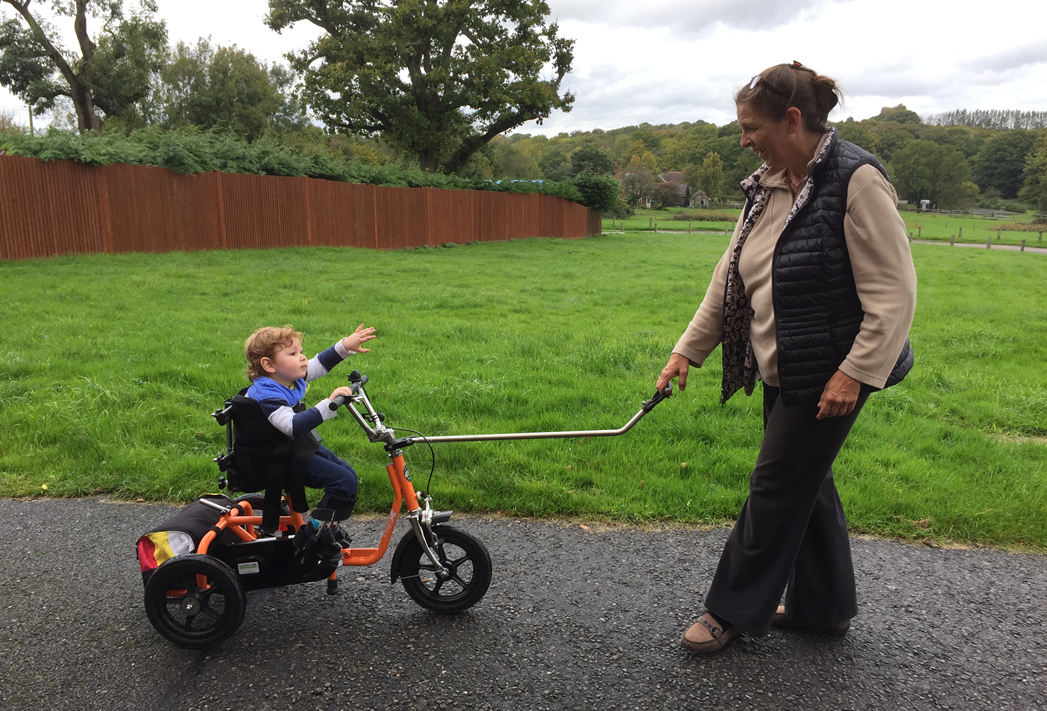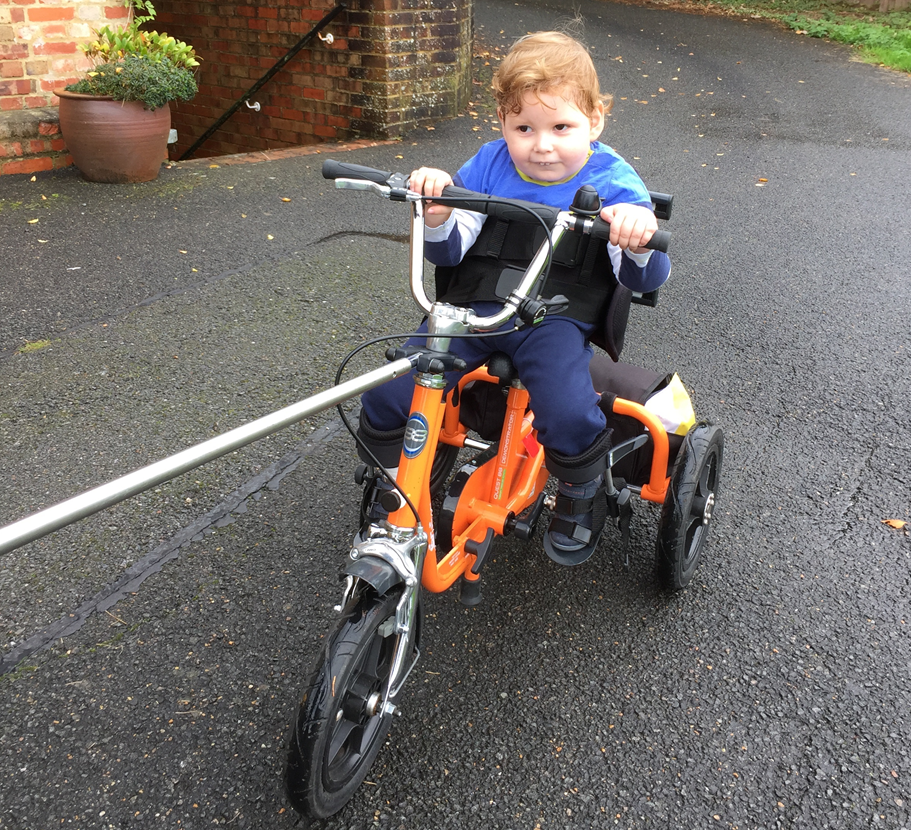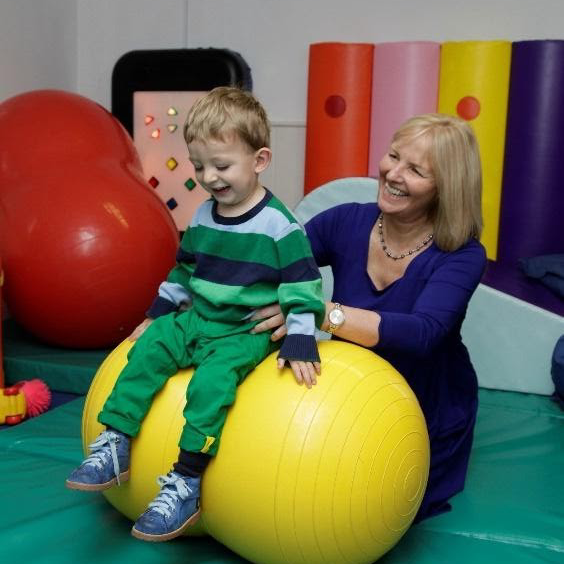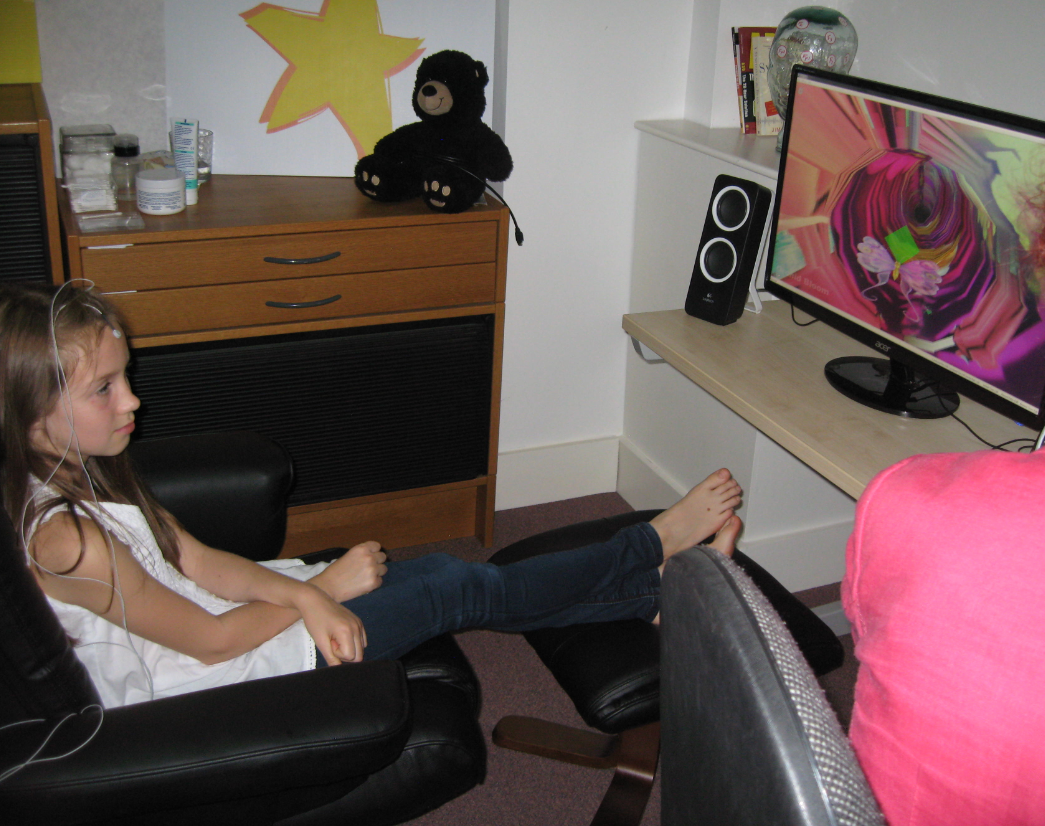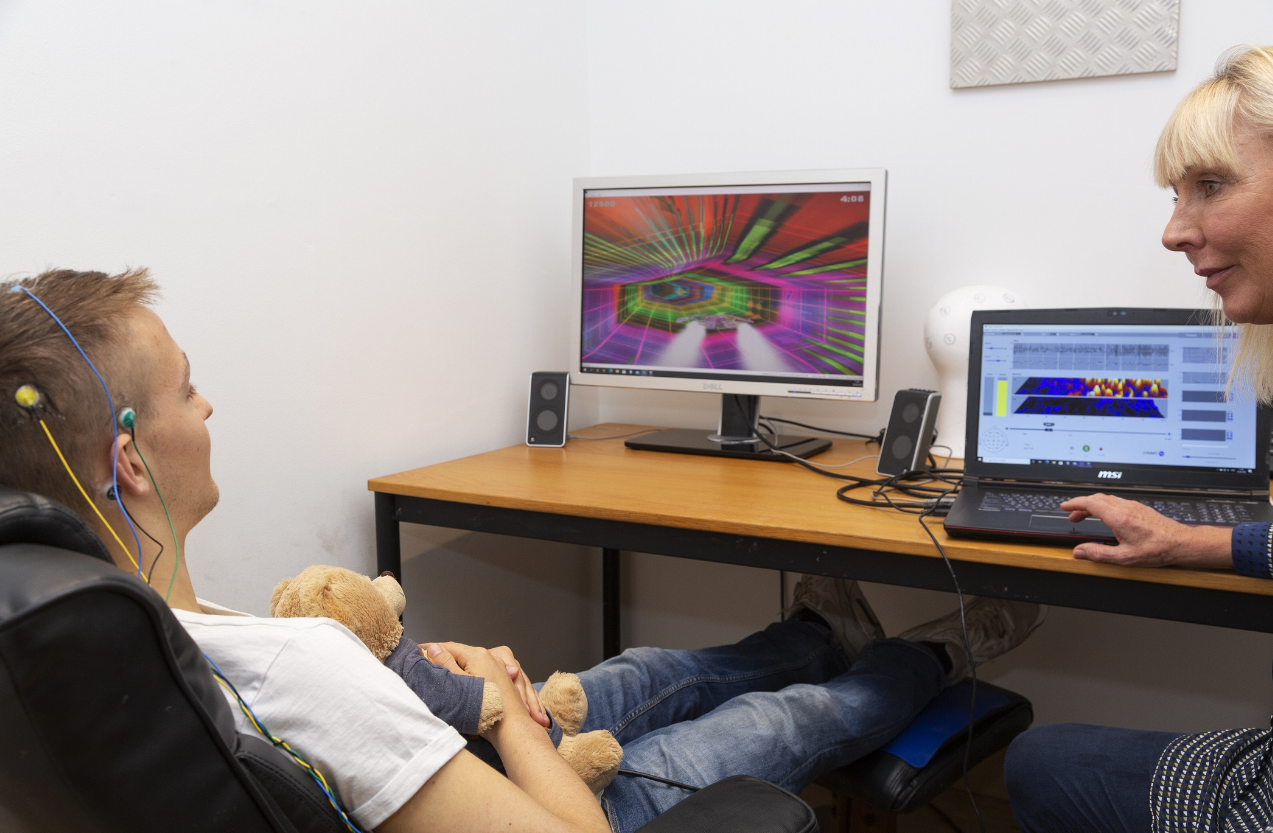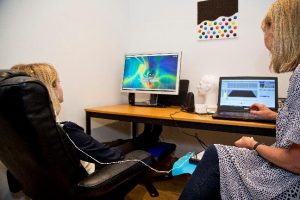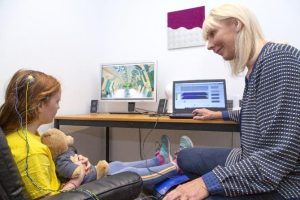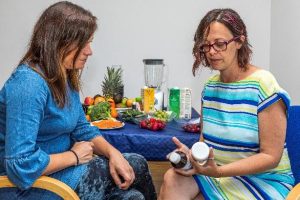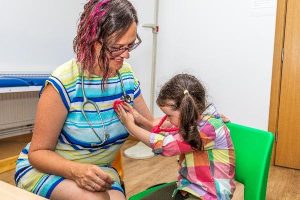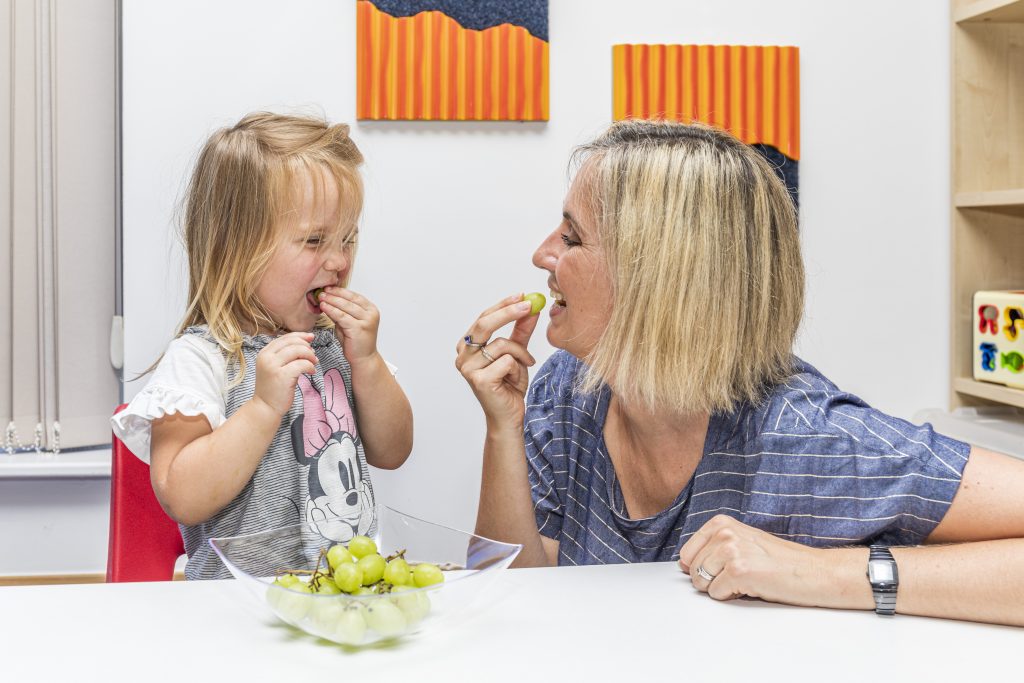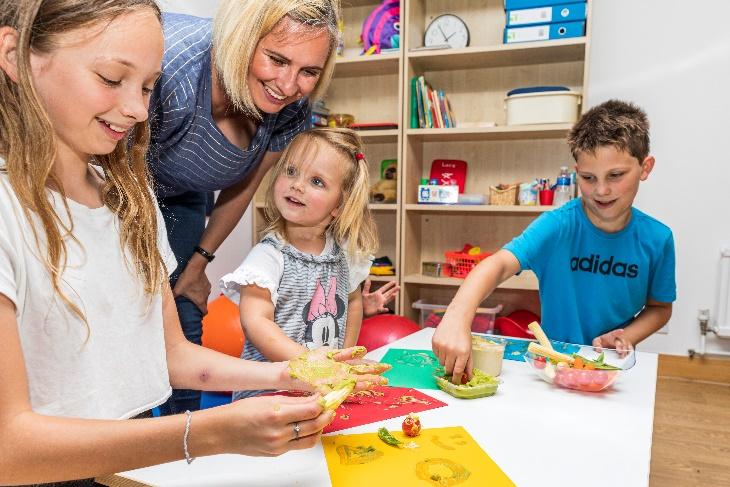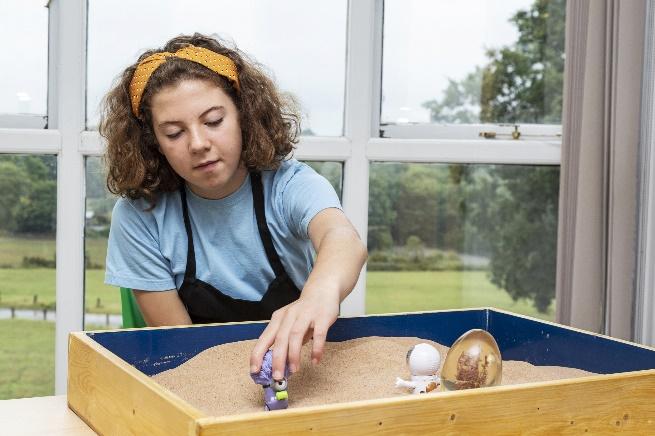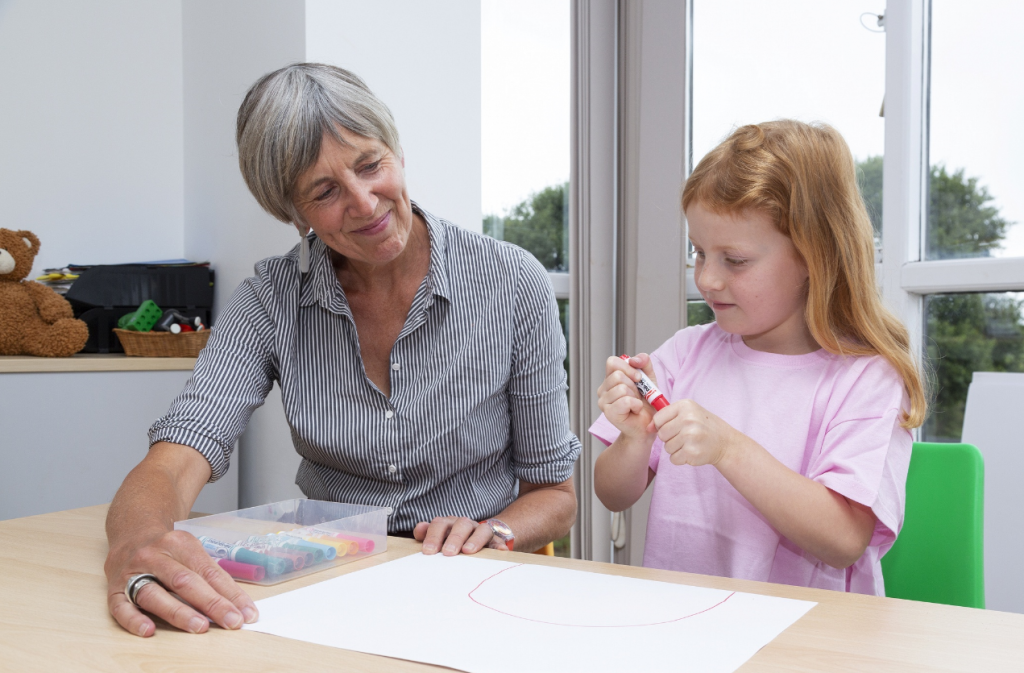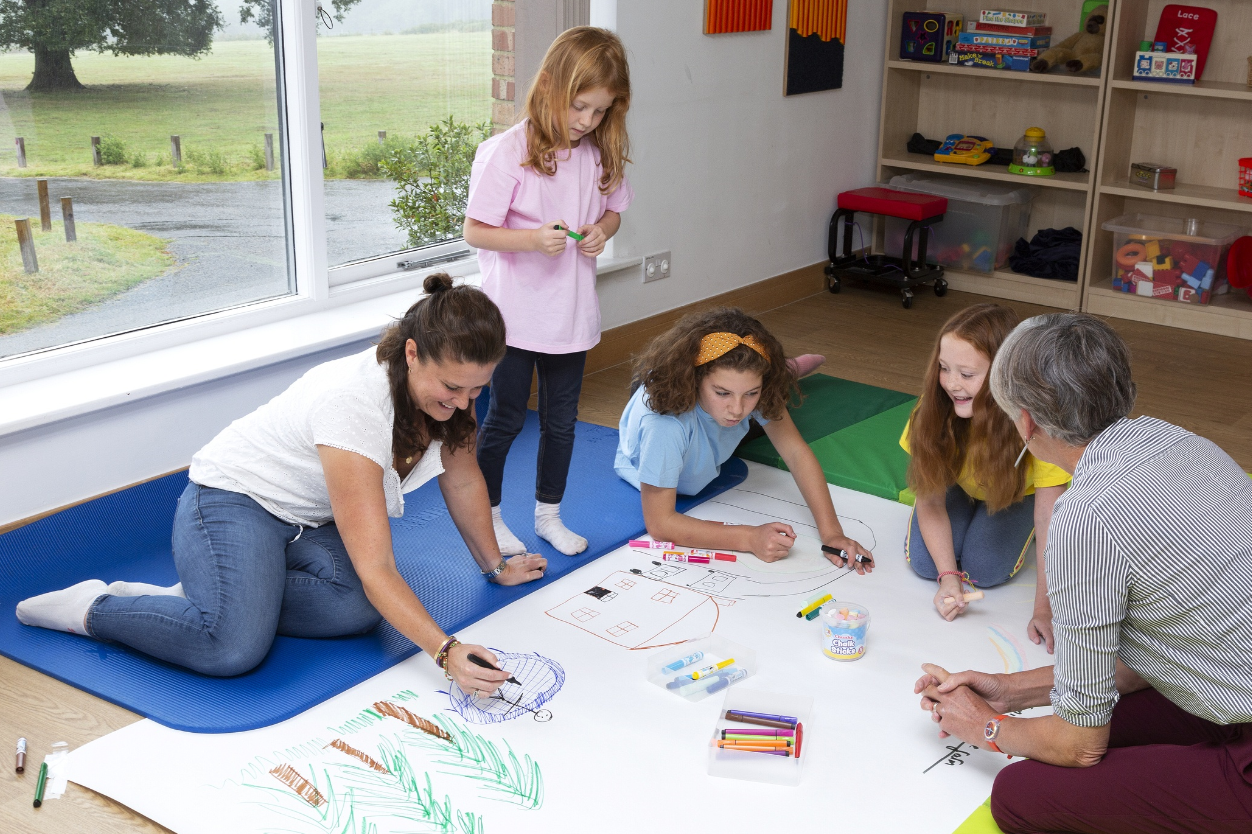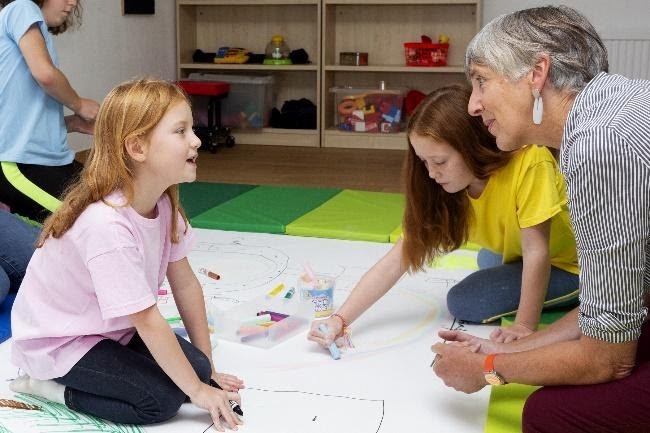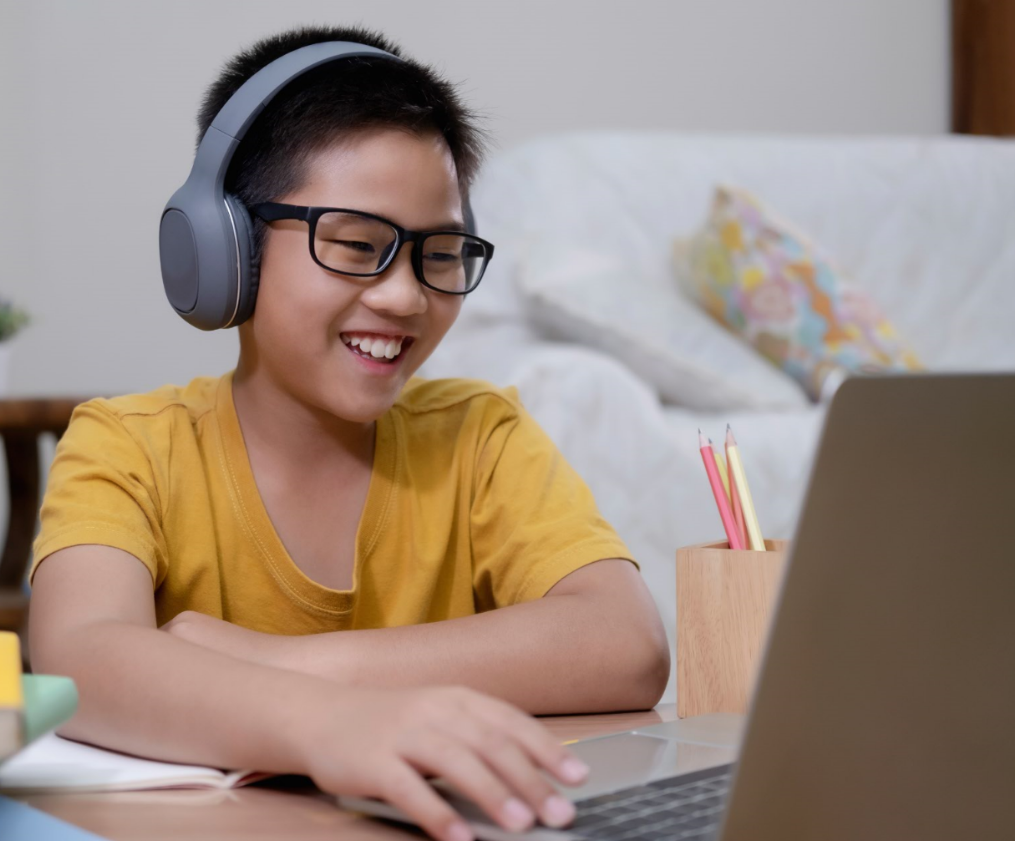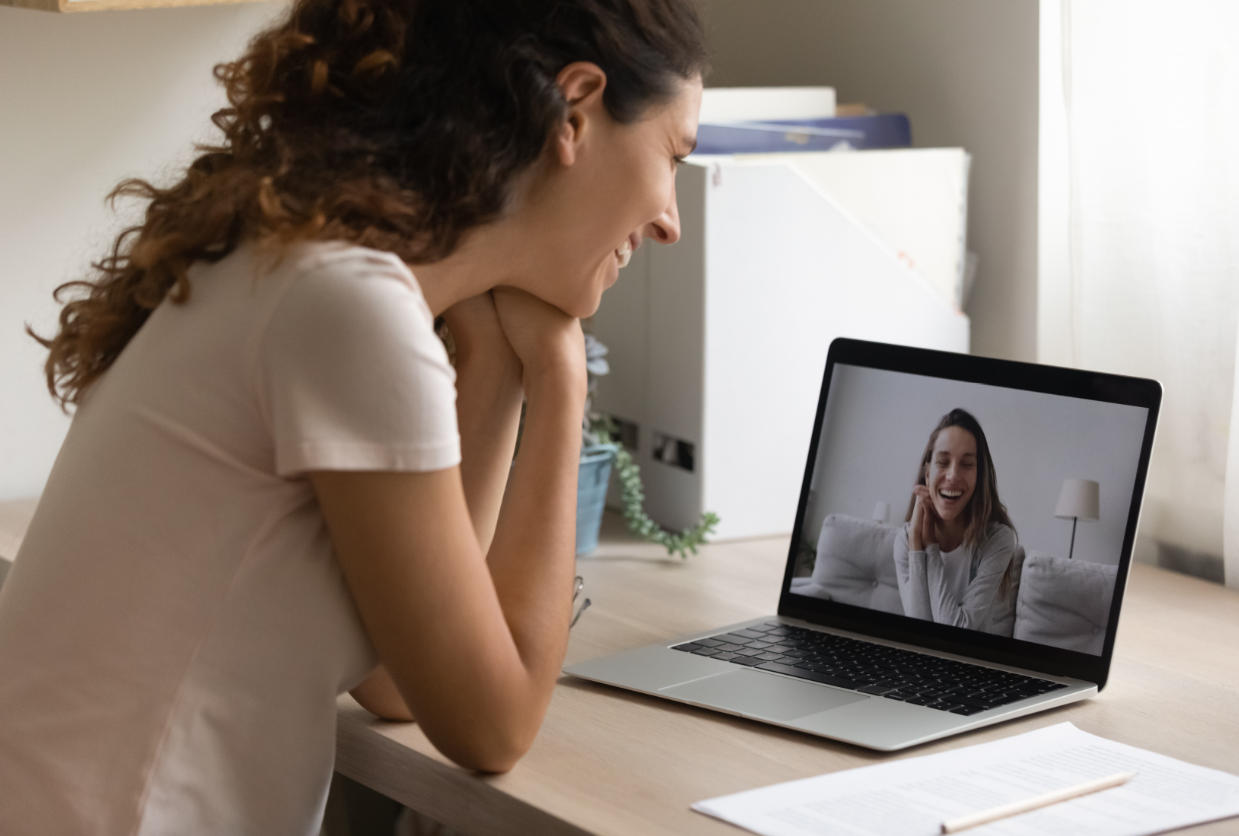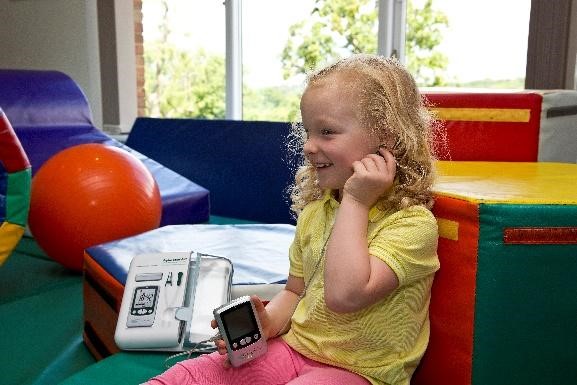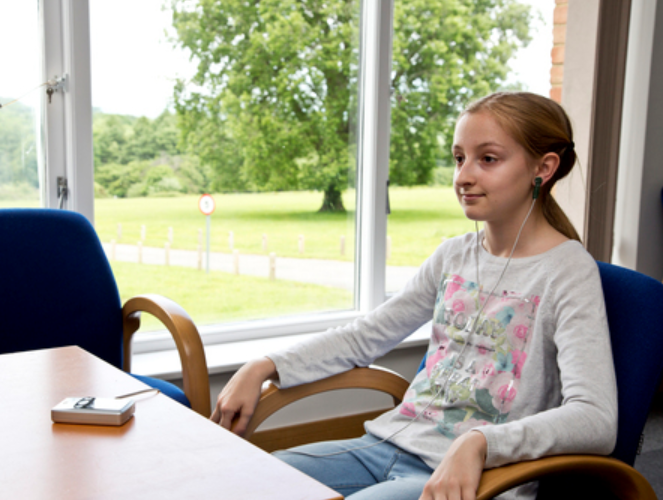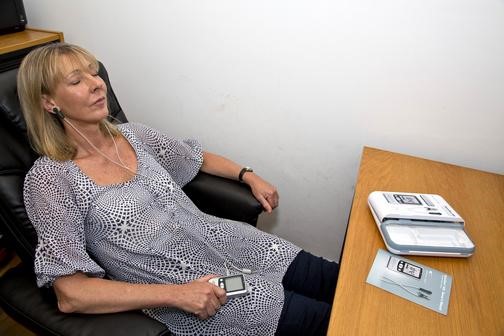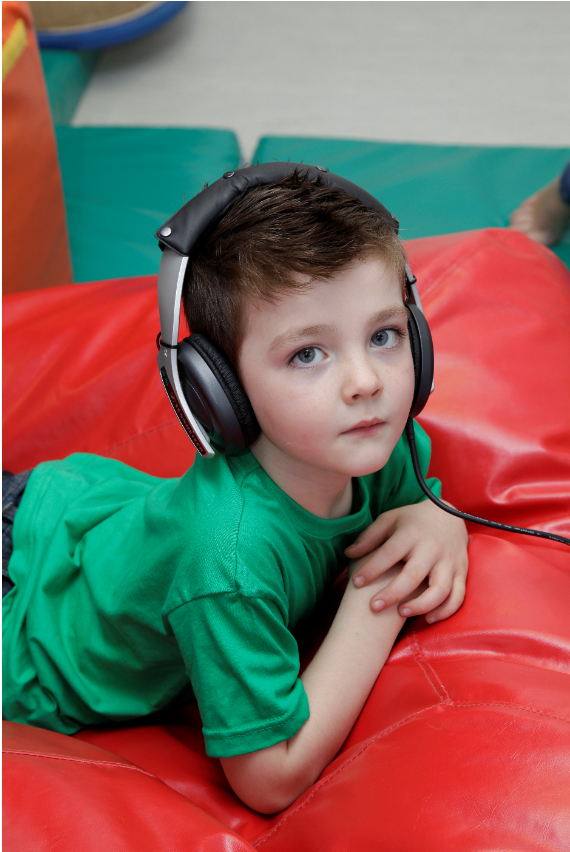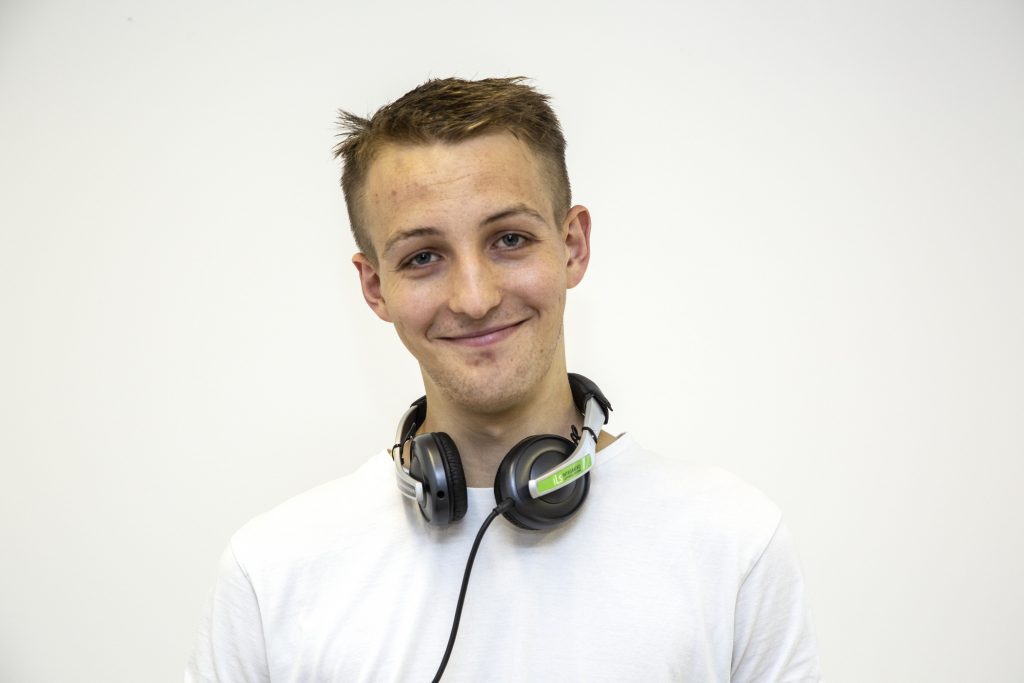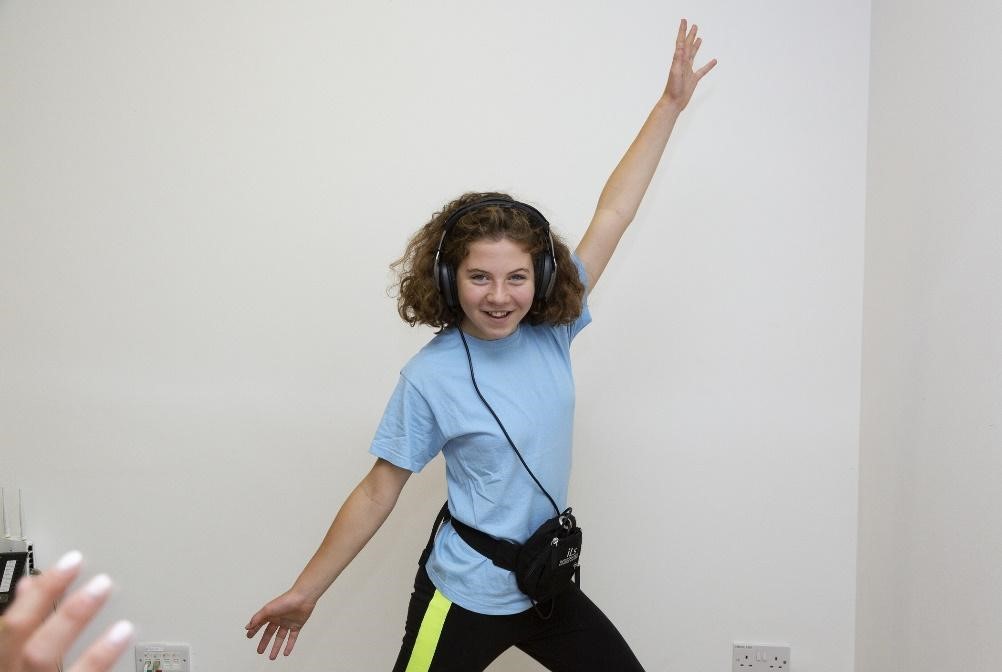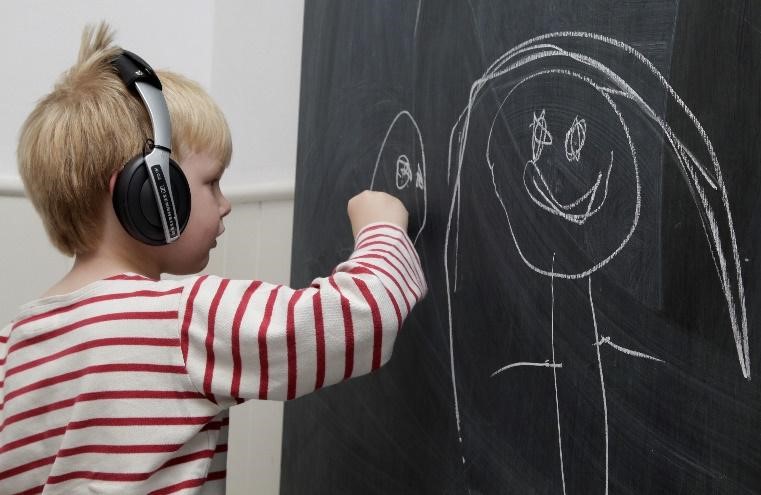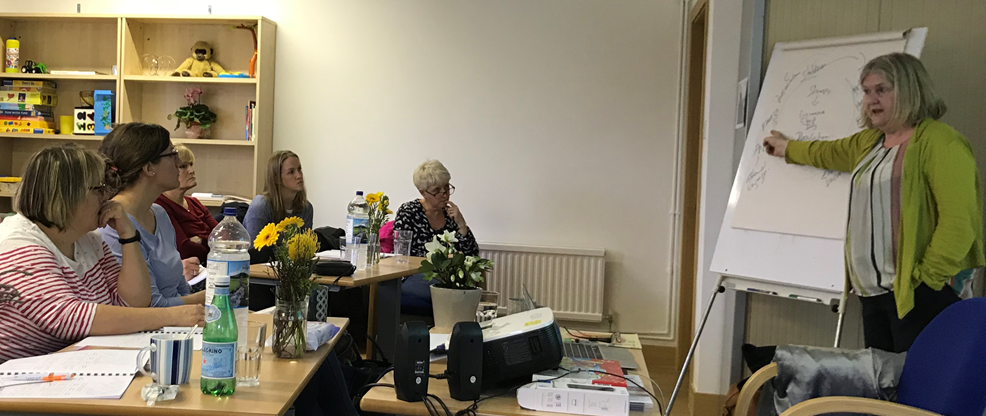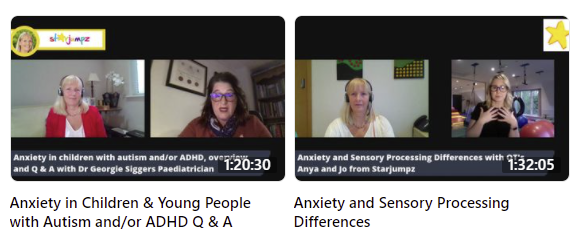At Starjumpz we are passionate about providing services that contribute to young person’s health and development.
We empower children and young people to reach their highest potential through integrated holistic services, innovation and use of new technologies and education and through supporting their families, schools, healthcare professionals and agencies.
Services include assessment, therapies and support for children and young people with neurodevelopmental conditions, and for children experiencing challenges with their development, learning, communication, behaviour, movement and/or in their wellbeing and mental health.
This includes children who may struggle with a specific challenge or health concern, or those with neurodevelopmental conditions including; Autistic Spectrum Disorder, Attention Deficit Hyperactivity Disorder ADHD, Developmental Coordination Disorder/ Dyspraxia, Sensory Processing difficulties, Attachment Disorder, Developmental trauma, Cerebral Palsy, Complex needs, Learning difficulties and mental health challenges.
Our holistic approach is tailored to the individual and identifies the patterns of strengths and vulnerabilities of the young person making a diagnosis where appropriate and focusing on how challenges can be overcome.
Our approach is child focused and considers the whole child and the world around them. Our clinicians work collaboratively with the child, parents, carers, teachers and other healthcare professionals to seek the best outcomes for children so they can flourish as confident, happy, healthy and resilient individuals.
Our services are delivered in person and many services are also available online. We offer services at our centre, within a school, and occasionally at home. As well as individual sessions we offer some therapy groups and therapeutic holiday activities and intensive individual therapy programmes.
We offer online support through telehealth video communication technology for many of our services and also in the form of webinars, workshops and live online events.
Services We Provide Include:
- Neurodevelopmental Paediatric Assessments
- ADHD Screening Assessment QbCheck
- Occupational Therapy and Sensory Integration Therapy
- Speech and Language Therapy
- Physiotherapy
- Neurofeedback
- Functional Medicine
- Clinical Nutrition Consultancy
- Child and Adolescent Psychotherapy & Play therapy
- Cognitive Behavioural Therapy (CBT)
- Creative Counselling
- Clinical Psychology
- Craniosacral Therapy
- Alpha Stim Aid – medical device for anxiety, insomnia and depression
- Integrated Listening Systems iLs
- Training, Talks and Workshops
Neurodevelopmental Paediatric Assessments
Dr Georgie Siggers and Dr Veronica Leclezio Consultant Paediatricians each run a paediatric service based at Starjumpz. They both have a broad range of experience working with a variety of conditions including Autism Spectrum Disorder (ASD), Attention Deficit Disorder (ADHD), Attachment Disorder, Foetal Alcohol Syndrome (FASD), Developmental Delay, Developmental Coordination Disorder (DCD) / Dyspraxia and Sensory Processing Difficulties.
Their holistic approach and assessment model screens for multiple neurodevelopmental conditions, as opposed to traditional services that usually assess for individual conditions in isolation.
Paediatric Services include:
- Comprehensive Diagnostic Assessments
- Adoption Support Assessments
- Consultation and Advice
ADHD Screening Service QbCheck
Online test for ADHD assessment – clinician’s viewOnline test for ADHD assessment – clinician’s view. To find out more visit https://hubs.ly/H0d-Vbm0
Posted by Qbtech on Tuesday 2 October 2018
This is a helpful screening service for families who have concerns that their child has difficulties with attention and hyperactivity, but who are unsure of this and whether a full assessment is needed.The QbCheck can help families get an initial impression of how any challenges with attention may be impacting their child so that they are able to consider the next steps to take to support them.
The QbCheck is carried out by an experienced Clinical Assistant. It includes a report generated from the test results with clinical observations, consideration of background information and discussion regarding concerns which can indicate whether a child is likely to meet the criteria for a diagnosis of ADHD. Please note that the QB check alone does not provide a diagnosis of ADHD.
QbCheck is a 15 to 20 minute long objective computer based test that measures the three core symptoms of ADHD; hyperactivity, impulsivity and inattention. Results from the test are analysed and compared to the result of individuals of the same age and gender, with and without ADHD. The comparison makes it possible for the QbCheck to predict the likelihood of ADHD that can aid in the evaluation, treatment and support of those with ADHD.
The QbCheck is used in our full Neurodevelopmental Paediatric assessments.
Testimonial for the QbCheck screening assessment from a parent: ‘The report is amazing thank you. You’ve picked up on stuff we’ve never noticed, particularly the ASD traits. I really hope it will help us get the school to take our concerns seriously and we will make sure she gets full assessments of her needs. Thank you for your insight, it was so worthwhile and I’ve already recommended you to others’.
Occupational Therapy
Our specialist team of Occupational Therapists support children and young people to develop their functional skills and independence enabling them to engage in everyday activities which support their social, physical, emotional, and academic development.
A child’s “occupation” is play, through play children develop new skills and learn to interact with the world. A child or young person experiencing challenges affecting their ability to engage in everyday activities can benefit from Occupational Therapy.
Occupational Therapy support begins with assessment which includes detailed information gathered from parents, teachers and those involved with the child to gain an in-depth understanding of why they are struggling with activities of daily living and functional skills. Recommendations are made to address the unique needs of the child so that a therapy support plan can be created for them.
Occupational therapy sessions are fun and motivating, they build on strengths, creating experiences of success to empower children and young people to overcome challenges and unlock their true potential.
Children love the sensory enriched therapy rooms which support sensory integration and neurodevelopment.
Therapy is child-focused and considers the whole child and the world around them. Therapists work collaboratively with the child, parents, carers, teachers and other healthcare professionals to seek the best outcomes for children so they can flourish as confident, happy, healthy and resilient individuals.
A child’s “occupation” is play, exploration of their environment and social interaction. Play helps them to develop new skills, interacts with the world and progresses their development. Occupational therapists assist children in being successful and reaching their full potential in all of these areas. This may be addressed through facilitating improvement with:
Our Occupational Therapists (OTs) work with children and their families in a variety of settings including the centre, home and school, assisting children in developing their skills and enabling them to increase their confidence, physical, academic and social ability.
Therapy sessions are fun and motivating and address the key underlying skills which include: sensory and perceptual processing, regulation of attention, activity and behaviour, gross and fine motor skills, oral motor skills, cognitive components which underlie a child’s ability to perceive, attend and learn from the environment and psychosocial skills (a child’s underlying ability to interact with others, to cope with new or difficult situations and to manage their behaviour in socially appropriate ways).
Occupational therapy can help with the following;
- Attention and concentration
- Emotional and physical regulation
- Sensory processing which underpins development and learning
- Fine motor skills
- Gross motor skills
- Handwriting
- Play and leisure
- Self – care and independence
- Executive functioning
- Self esteem
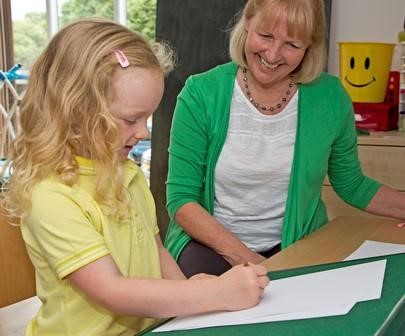 Occupational Therapy helps development of pencil skills and handwriting
Occupational Therapy helps development of pencil skills and handwritingDevelopmental Delay, Sensory Processing Issues, Autism, ADHD, Developmental Coordination Disorder/ Dyspraxia, Developmental Trauma, Attachment Disorder, Learning difficulties, Cerebral Palsy, Complex Needs.
Therapy sessions can be one to one or in small groups that are fun, motivating and address the underlying skills that facilitate overall development. Our therapists work in a variety of settings including the centre, homes or schools or therapy is delivered through Teletherapy sessions
Teletherapy: Occupational therapy is available online. Sessions are fun and engaging.
Early Intervention: Occupational therapy and Speech and Language therapy are often the earliest interventions for an infant or child as they support building strong foundations for learning and development. Joint sessions of Occupational Therapy and/or Speech and Language/ Physiotherapy are offered for children with complex needs to enhance therapy intervention and to develop effective integrated home programmes.
Intensive Therapy Programmes: These are often taken up for a 10 -14 days plus during school holidays and for families from across the UK and abroad. They can provide Speech and Language Therapy or multiple therapies often including neurofeedback to aid regulation and optimize engagement in therapies.
Group Therapy: These are often taken up for a 10 -14 days plus during school holidays and for families from across the UK and abroad. They can provide Occupational Therapy or multiple therapies often including neurofeedback to aid regulation and optimize engagement in therapies.
Sensory Feeding Clinic: This is one of our new multidisciplinary services which will be launched in late 2021/2022.
Speech and Language Therapy
Our Speech and Language Therapists work with children to support their communication, eating and drinking skills which supports their wellbeing and increases their participation in activities within their daily life. We aim to create confident communicators by working on all areas of communication and interaction.
Therapists are respectful of neurodivergence and other differences. We want to develop each child’s ability to advocate for themselves, so we respect their body autonomy and their wishes.
Speech and language therapy can help children and young people with:
- Language delay/disorder
- Speech delay/disorder – articulation and phonological difficulties
- Listening and attention
- Development of early play skills
- Feeding and swallowing difficulties
- Alternative and augmentative communication
- Executive Functioning
- Confidence and Self Esteem
- Self-Advocacy
- Assertiveness
Following current thinking and research by Autistic adults, we do not work on ‘training’ social skills, however we do work on perspective taking, self advocacy, reflection, personal boundaries, problem solving and developing autonomy and independence. ‘Training’ social skills is being shown to develop masking and social camouflaging. Instead, we listen to what your child would like to work on and help them to develop understanding rather than teaching social scripts. This then allows your child to decide how and when to use this information in their own way.
Conditions which our Speech and Language Therapists are experienced working with include:
- Global developmental delay
- Autistic Spectrum Disorder (ASD)
- Attention Deficit Disorder (ADHD)
- Developmental Verbal Dyspraxia
- Dysphagia
- Developmental Trauma
- Attachment Disorder
- Selective mutism
- Cerebral palsy
- Down’s syndrome
- Learning Difficulties
- Complex disabilities
Assessment: We offer a range of different assessments that are tailored to your child’s needs. The assessment aims to gather detailed information from parents, teachers and other adults involved in your child’s care, and most importantly from your child themselves. Each assessment is flexible and respectful of your child’s strengths and difficulties at that time. Recommendations are made for each child individually with supports, accommodations and modifications so a unique support plan can be presented.
Therapy Sessions: Each therapy session is planned and presented with the individual child in mind. Frequency of sessions are adaptable depending on the needs of your child and family. Sessions can be undertaken within the centre, at home or at school. Sessions are fun and use intrinsic motivation, taking into account your child’s likes and interests and will be based on your child’s strengths.
Teletherapy: Speech and Language therapy can be offered for children through online video communication and may include guidance and support for parents to integrate therapeutic activities into daily routines. For some children who may not engage online the therapeutic input can be given through collaborative work with parents, carers and teachers. Therapy also supports adaptation of environments to support the success of the child. The therapy sessions are fun and engaging.
Early Intervention: Speech and Language therapy and Occupational therapy are often the earliest interventions for an infant or child as they support building strong foundations for learning and development. Joint Occupational and Speech and Language Therapy session are possible.
Early intervention helping to develop sensory motor skills, attention, pre-verbal and play skills with Occupational Therapy.
Education and Healthcare Plans (EHCP): We can provide assessment specifically to be submitted for EHCPs. Our Speech and Language Therapists are experienced working to specifications in EHCPs and are able to provide information for IEP reports and Annual Review reports.
Intensive Therapy Programmes: 10 -14 days intensive treatment programmes which are popular in the school holidays are offered to families from across the UK and abroad. Programmes can include Speech and Language or multiple therapies and often including neurofeedback to aid regulation and optimise engagement in therapies.
Group Therapy: Therapeutic fun holiday clubs focusing on sensory integration, sensory motor skills, social communication and social interaction are available during some holidays. These are run by Speech and Language Therapists and Occupational Therapists with input from Play therapists.
Sensory Feeding Clinic: This is one of our new multidisciplinary services which will be launched in 2022 to support children who have difficulties with the sensory and behavioural aspects of feeding as well as addressing nutrition and gut health. Many children with Autistic Spectrum Disorder experience difficulties with feeding.
Physiotherapy
Our Neurodevelopmental paediatric physiotherapists are very experienced in treating conditions such as Cerebral Palsy, Developmental Delay, Global Delay, Orthopaedic problems, Juvenile Arthritis, Complex disabilities, Developmental Coordination Disorder/ Dyspraxia and postural issues.
They also have expertise in treating children with Cerebral Palsy who have Selective Dorsal Rhizotomy SDR operations. Treatment may include use of Functional Electric Stimulation and Galileo therapy to strengthen muscles. The therapists work closely with Paediatric Orthotists for appropriate provision of orthotics post-surgery.
Services include Physiotherapy assessment and ongoing treatment for Education and Healthcare Plans EHCP.
Physiotherapy treatment can help with the following;
- Postural control
- Balance
- Motor skills and coordination
- Muscle tone
- Musculo-sketal conditions
- Low bone density
- Supports such as specialist footwear, inserts for shoes or othotics
- Specialist equipment to aid mobility
Treatment approaches include:
- Bobath neurodevelopmental treatment
- Galileo therapy to enhance bone density and counteract Osteoporosis in children with Cerebral Palsy and Brittle Bone Disease
- Assessment for suitability of Lycra garment as part of treatment
- Integration of Sensory Integration to enhance sensory processing in children with reduced and less physiological gross motor mobility which is the case for all children with cerebral palsy.
- Occupational Therapy/ Physiotherapy joint assessment / treatment
Early Intervention: Physiotherapy, Occupational therapy and Speech and Language therapy are often the earliest interventions for an infant or child as they support building strong foundations for development. Joint sessions of Physiotherapy and Occupational Therapy are offered for children with complex disabilities to enhance therapy intervention.
Intensive Therapy Programmes: These are often taken up for a 10 -14 days plus during school holidays and for families from across the UK and abroad. They can provide Speech and Language Therapy or multiple therapies often including neurofeedback to aid regulation and optimize engagement in therapies.
Neurofeedback
Click Here to watch a video with Joanne Brett, our CEO, and Lou Whitehorn, our Neurofeedback practitioner, explain what it’s all about.
Services for Children and Adults Neurofeedback
Neurofeedback is a safe and drug free approach which trains the brain to function more efficiently. It enhances the function of the central nervous system thus improving mental performance, emotional control and physiological stability.
Individuals of any age can benefit from Neurofeedback. Neurofeedback can help a variety of childhood problems including ASD, ADHD, dyslexia, DCD, dyspraxia, anxiety, and numerous forms of disruptive and disturbing behaviours. For adults, it can alleviate symptoms of physical and emotional problems such as migraines, depression and PTSD.
Neurofeedback optimises brain function, improves attention, anxiety and sleep.
The American Academy of Paediatrics gave Neurofeedback their top evidence based rating as an intervention in the treatment of attention and hyperactivity behavioural problems in children and adolescents.
Functional Medicine
Functional medicine determines how and why illness occurs and restores health by addressing the root causes of disease for each individual. We accept referrals for children and adults.
Our Functional Medicine doctor offers in depth consultations to assess client’s modifiable lifestyle factors and fundamental clinical imbalances through careful history taking, physical examination, and laboratory testing. Our Functional Medicine doctor will consider multiple factors, including:
- Environmental inputs – The air you breathe and the water you drink, the particular diet you eat, the quality of the food available to you, your level of physical activity, and toxic exposures or traumas you have experienced all affect your health.
- Mind-body connections – Psychological and social factors all can have a profound influence on your health.
Considering these areas helps the Functional Medicine doctor see your health in the context of you as a whole person, not just your physical symptoms. A detailed report with the doctor’s recommendations is generated and supporting patient information is supplied to guide behavior change- at your pace.
Following an appointment, you may also be referred to our Clinical Nutritionist to guide you through dietary changes and see the Functional Medicine doctor in 3 months for a follow up and assessment of symptom progression and ongoing issues.
This appointment type is suitable for children, adults and families looking to make lifestyle changes. Learn more here.
Clinical Nutritionist Services
Screening for and treatment of problems with gut health. This is especially important for children with Autism, ADHD, Dyspraxia and other neurodevelopmental conditions.
Many children with Autism and neurodevelopmental conditions can have gut problems ranging from the visible, diarrhoea or vomiting to the invisible, pain, nutrient deficiency and acid reflux. Researchers have found a strong correlation between the severity of gut symptoms and the severity of ASD symptoms.
These issues can present either the same way that they would in anyone else, or as behavioural problems that seem completely unrelated, including sleep disturbance, irritability, oppositional behaviour or self-injury. Unfortunately, if behavioural symptoms are the only obvious sign, the underlying gut problem can often go undiagnosed because it is not an obvious leap to make from ‘sleep problems’ to ‘gut flora’. Looking not only at the gut bacteria itself but also food intolerances is very important and can often bring about significant change.
We have a number of nutritionists who work with us, so please email Starjumpz to learn about each practitioners’ areas of specialty
Child and Adolescent Psychotherapy / Integrated Creative Therapies / Play Therapy
Our Psychotherapy services support children and young people who are experiencing challenges with their behaviour and/or emotions which is affecting their development, or how they are getting along with family, friends and at school. For example, children who maybe sad, anxious, fearful, disruptive, rebellious, unable to cope or who are inattentive.
This support begins with an initial consultation with a child’s carer or carers to discuss the child’s symptoms and presenting behaviours, exploring any helpful background information. This is followed by a 1-2 hour home-based assessment of the child or adolescent which offers an opportunity for the therapist to be introduced to the individual in a familiar environment and for the therapist to observe how the child/adolescent copes within the family, and in relation to their siblings. Weekly therapy sessions then support the young person with the difficulties identified.
Sessions are playful and creative and support the child to build confidence and resilience.
Integrative creative psychotherapy with a family
Cognitive Behavioural Therapy (CBT) and Creative Counselling – Teletherapy Service
CBT is a talking therapy that can help you to manage problems by changing the way you think and behave. It is based on the concept that your thoughts, feelings, physical sensations and actions are interconnected, and that negative thoughts and feelings can lead to being trapped in a vicious cycle.
It works on the basis that the way in which people perceive, interpret, and attribute meaning in their daily lives is key to helping them readjust their unhelpful attitudes to life events and adversity.
By helping them become more rational in their thinking, they can move towards acceptance and become better equipped at finding solutions.
CBT aims to help dealing with overwhelming problems in a more positive way by breaking them down into smaller parts. Changing negative patterns to improve how a person feels. It looks for practical ways to improve state of mind on a daily basis.
This therapy is suitable for some children, ages 9 plus, young people and adults.
CBT can help with a wide range of concerns including:
- Anxiety
- Depression
- Self-esteem
- Anger
- Grief
- Relationships
- Phobias
- Obsessive compulsive disorder OCD
Creative Counselling – Teletherapy Service
Creative Counselling is an online teletherapy service offered by our CBT practitioner who is also a trained Play Therapist. The focus is on using creative activities which engage the child and encourages their self-expression rather than using the in-person play therapy toolkit, which consists of items such soft toys, puppets and figurines. Creative counselling is delivered through weekly sessions.
This therapy type can support children and young people (ages 9-17) and adults with difficulties such as:
- Low self-esteem
- Anger issues
- Socialisation
- Communication (verbal and non-verbal)
- Hyperactivity
- Grief and sorrow
- Difficulties adjusting in school (transitioning)
- Anxiety and depression
- Obsessive Compulsive Disorder (OCD)
- Relationship difficulties
- Sexual orientation (acceptance)
- Assertiveness training
- Goal setting: personal life and professional life
- Shame and guilt
- Interpersonal skills
Clinical Psychology
Currently not available but we hope to be able to offer this service again in the near future. Clinical Psychology provides treatment and support for children and young people with a range of emotional, behavioural, developmental and mental health challenges.
This initially starts with an assessment and an informal conversation with parents/carers and the young person/child about their strengths, the difficulties they experience, any relevant history and what they hope to achieve from Psychology input. After this, regular therapy sessions can also be arranged with parents or the child/young person to work on the areas identified.
This service can help parents and families who may be struggling with areas such as:
- Worries, anxieties, panic attacks
- Obsessive Compulsive Disorder (OCD)
- Fears/phobias, panic attacks
- Depression or low mood
- Self esteem
- Attachment and separation anxiety
- Bereavement
- Working with post adoption children and families
- Trauma
- Food, sleep, toileting difficulties
- Behaviours linked to neurodevelopmental conditions such as ASD and ADHD
- Changes to personal circumstances such as parental separation or divorce. Parents/carers/children
- Challenging family relationship or friendship issues
Craniosacral Therapy is a gentle, hands-on approach that engages with the nervous system and cerebrospinal fluid, also incorporating the membranes and fascia of the body to release any tension and trauma.
Babies can benefit greatly from Craniosacral Therapy to release and re-align the compressions imposed on them during the birth process, calming and rebalancing their nervous system, as well as their emotional state. Mothers and babies who have experienced induction, C-section, breech, forceps, vacuum extraction or the use of anaesthetics during the birth can both be supported and helped by the Craniosacral approach. Even a natural birth can be traumatic for a baby, leaving a lasting imprint which can later develop into other symptoms.
As children grow and explore their world, they can experience knocks, falls, infections, illnesses and there may also be some residual birth trauma left in their system. The gentle touch of Craniosacral Therapy (CST) is ideal for children, supporting them in finding their way back to optimum health and vitality, both physically and emotionally, so they’re able to thrive.
Teenagers deal with physical, mental and emotional demands while, at the same time, their hormones facilitate the transition from childhood into adulthood. They can also incur sports injuries, feel peer pressure and experience stress due to academic demands. Symptoms such as dyspraxia, headaches, migraine, anxiety, hyperactivity and behavioural issues, including depression and irritability, can all be helped by the gentle, non-invasive touch of Craniosacral Therapy.
Alpha Stim Aid to treat anxiety, insomnia and depression
The Alpha Stim Aid can be used by children, young people, and adults. It works by regulating the brain by producing a low amplitude waveform which is administered via ear clip electrodes. Certain conditions, such as anxiety and insomnia, are associated with alterations in electric activity in large-scale brain networks.
The Alpha Stim works to normalise signalling, providing symptom relief. Starjumpz has been using the Alpha Stim for over 5 years and we have had great feedback from clients reporting a reduction in sleep difficulties and anxiety.
We have now partnered with Microcurrent to offer purchase and rental of the device with a special discount code.
Click here for more information about the device, including rental and purchase options.
Integrated Listening Sytems iLs
Integrative creative psychotherapy with a family
Integrated Listening System – Focus System to Improve brain and body organisation
The Focus System improves brain function through the implementation of the iLs method: brain and body integration through multisensory input.
The Focus System is a clinical-level intervention designed for home use, consisting of therapeutically-treated music combined with fun movement activities, and, when ready, cognitive challenges to further activate brain networks.
The flexibility of 60-minute or 30-minute versions of the programs, which target specific goals, make implementation easy in clinics, schools and home.
Our Occupational Therapy team adopted use of the iLs focus system following collaboration with Dr Lucy Miller the founder of the Star Center in the US. It can integrated into therapy and/or used at home.
‘At the STAR Center our therapists use iLs for a few key reasons: it can be customized to each individual’s needs, the bone conduction delivery is a wonderful vestibular supplement, and the quality of the music is remarkable… We have seen tremendous developmental growth spurts using iLs in combination with OT. iLs combined with OT seems to accelerate or “jump start” many of the children’s developmental changes. It also can have a calming effect on some children which makes it easier for our therapists to work with the child. In general, we see accelerated gains by adding iLs to OT… We use it with most of our children in clinic and we often send clients home with an iLs Focus system for continuation of therapy once their intensive short-term program is complete.’
Lucy Jane Miller, PhD, OTR/L author of Sensational Kids, Founder of SPD Foundation
Starjumpz is an approved provider and reseller of this system and our Occupational Therapists support this. We offer a rental service and you can also purchase the system from Starjumpz. Click here to find out more.
Talks and Workshops
We are delighted to host regular talks and events at Starjumpz, on a wide range of subjects, supportive practices and services. Join our mailing list for information on these. Some talks are videoed and are uploaded to our website or facebook page.
Please contact us if you have any further queries regarding our services. We look forward to hearing how we can help.
E: info@starjumpz.com T: 01892 660085 W: Starjumpz.com Facebook: Starjumpz Twitter: @starjumpz

